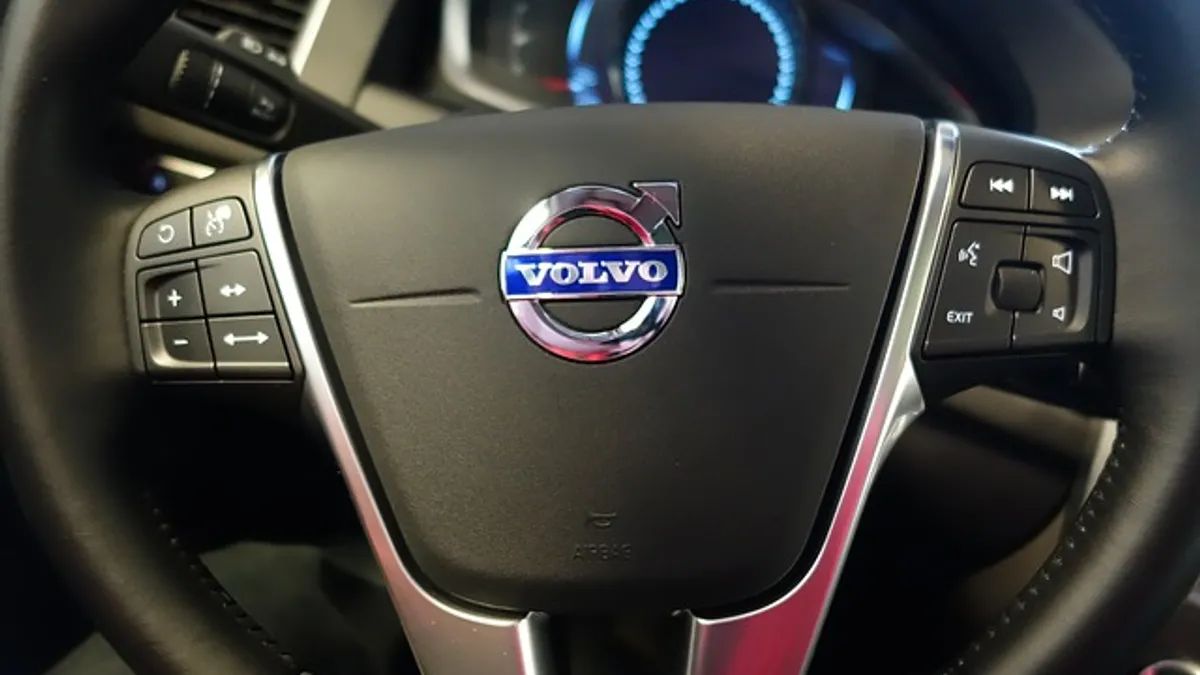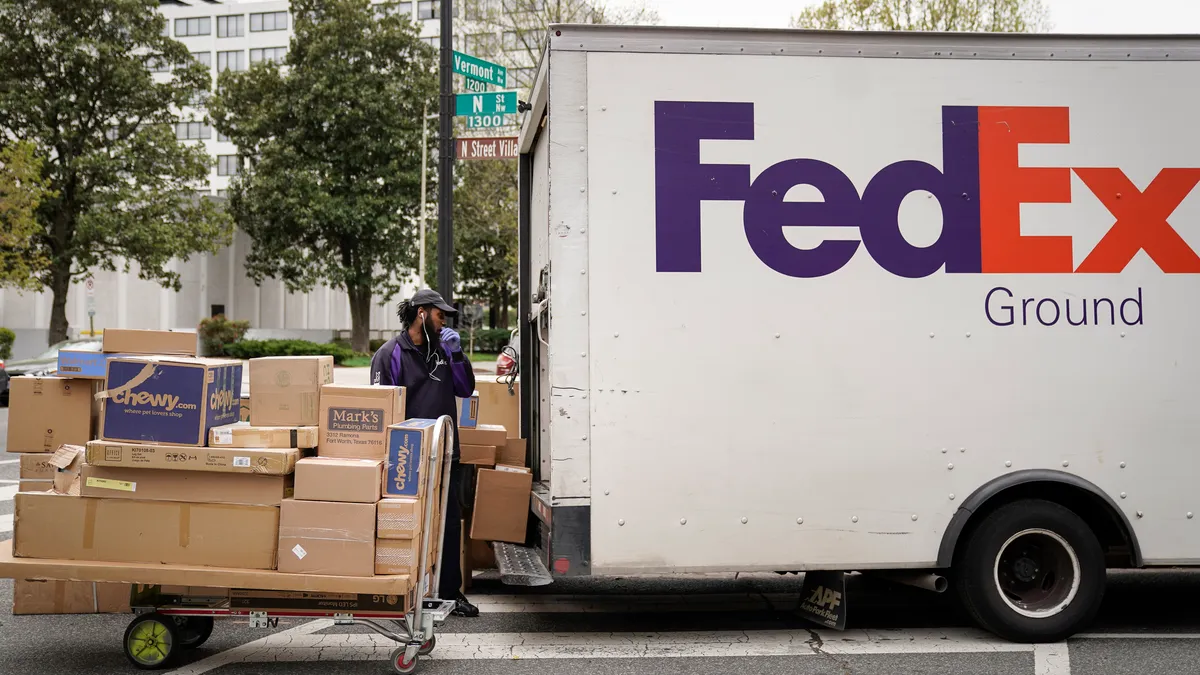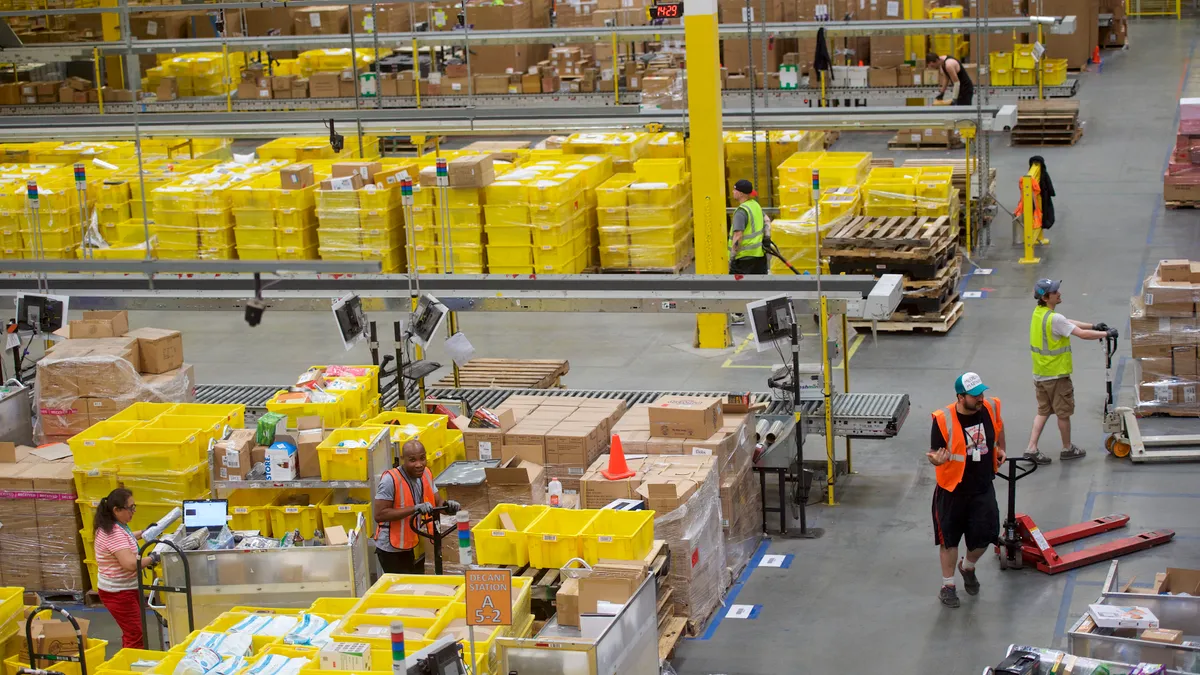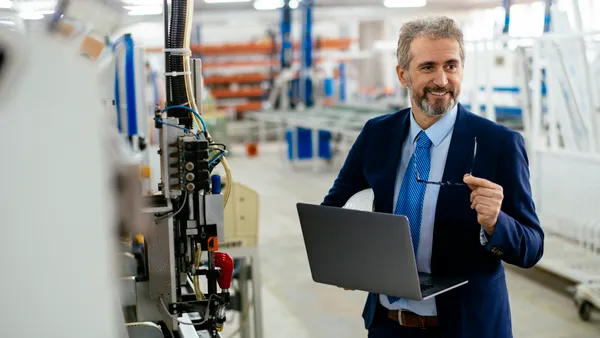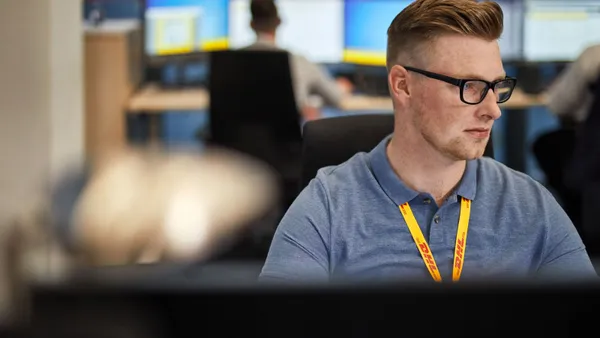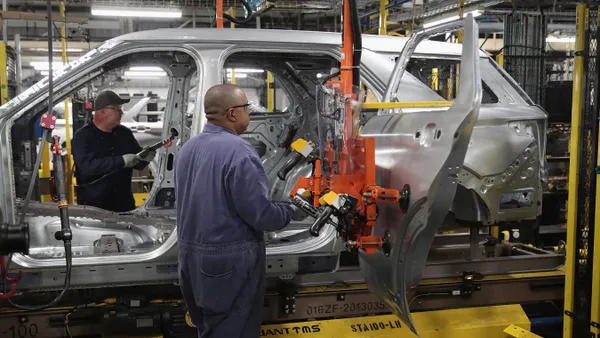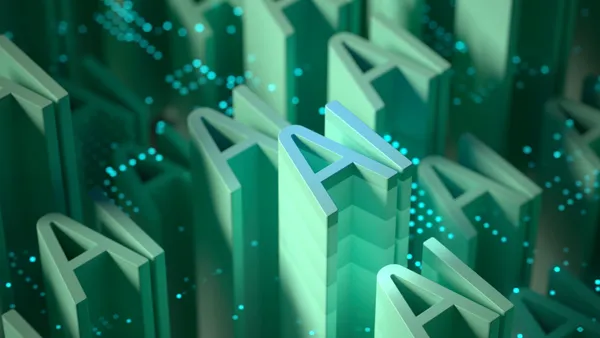Dive Brief:
- Uber acquired truck automation technology startup Otto on Thursday, bringing the 90-person team on board the ride-hailing giant's self-driving project.
- Uber's self-driving pipeline aims to bring fully automated cars, parcel service vehicles and freight trucks to the road. To that effect, Uber also announced a partnership with auto-producer Volvo to link the technology with manufacturing capabilities.
- The two companies will begin testing the driverless technology by circulating 100 Volvo Car Corp. XC90 sport-utility vehicles in Pittsburgh, PA, the Wall Street Journal reports. The cars will have a human pilot in case the technology fails.
Dive Insight:
Otto was founded to bring automation to long-haul transit, specifically testing interstate autopilot technology guided through overhead sensors.
Neither company, however, had the technology to directly implement the technology. While Uber's renowned mapping technology and years of experience with ride-hailing combined well with Otto's mission and interstate-focused vision, both companies would have to sell or lease their services to contractors and car manufacturers.
Enter Volvo — the world's second-largest heavy-duty truck brand and a major car manufacturer — and the implementation problem is relinquished. Already, the two giants are releasing SUV's this month with the technology in place, and Volvo anticipates updating the model based on the interim results.
Uber delineated its plans for the partnership in its press release. Self-driving cars are only the pilot, parcel delivery and freight trucks are in the works. Yet competition abounds. Google, Tesla and Ford are among the many large companies actively developing the technology. Now, with one product on the market, there is little doubt the race to automation will accelerate.



